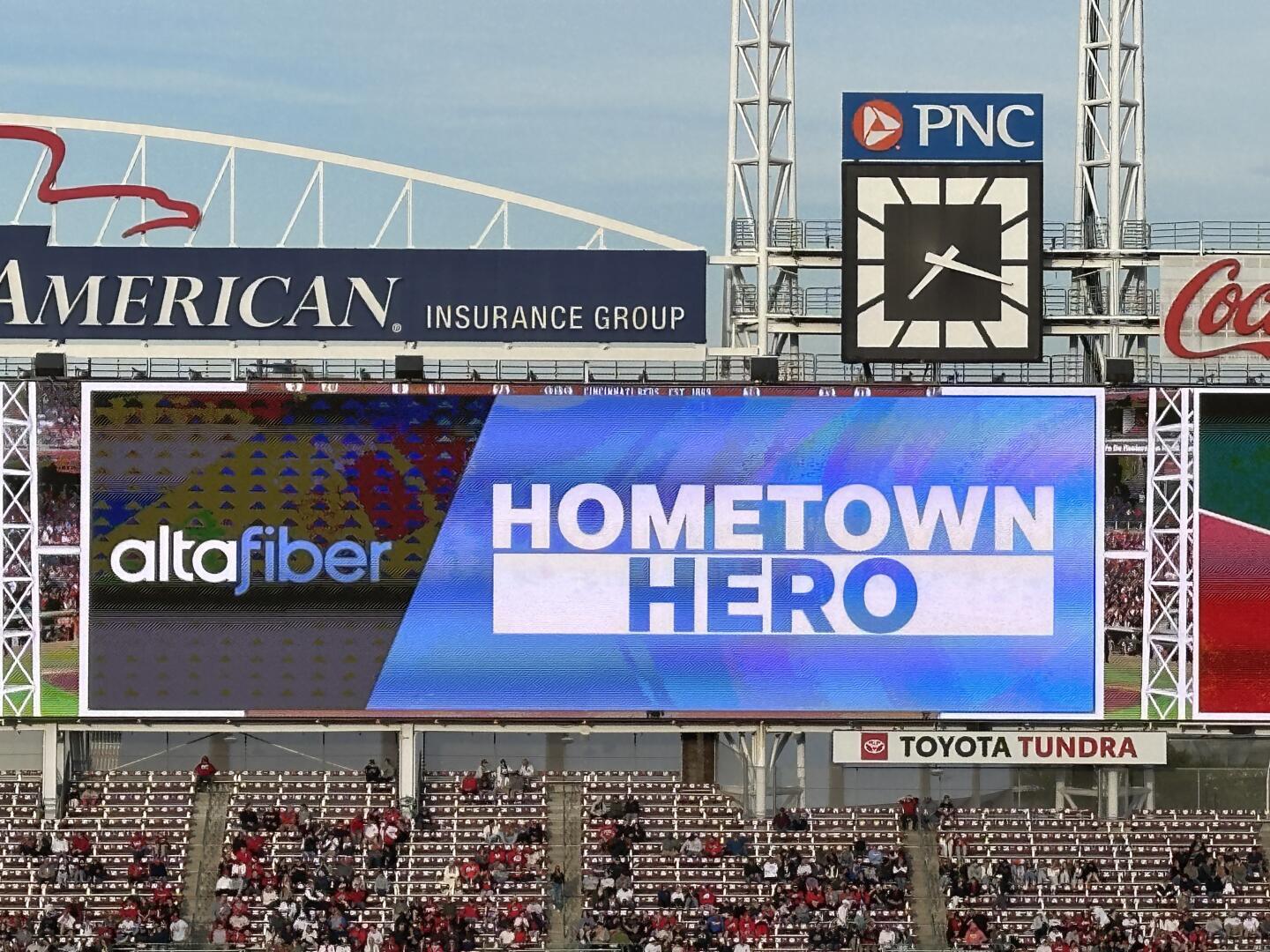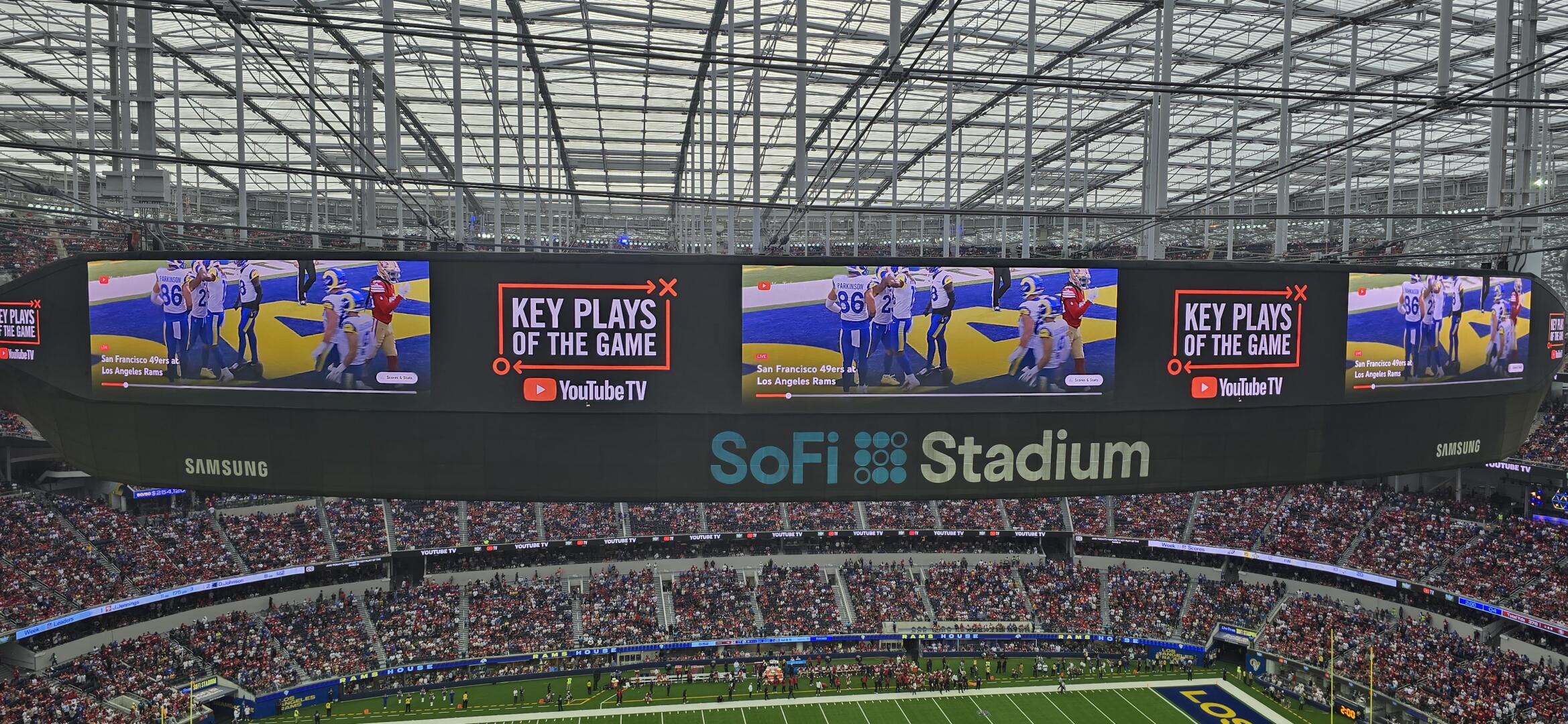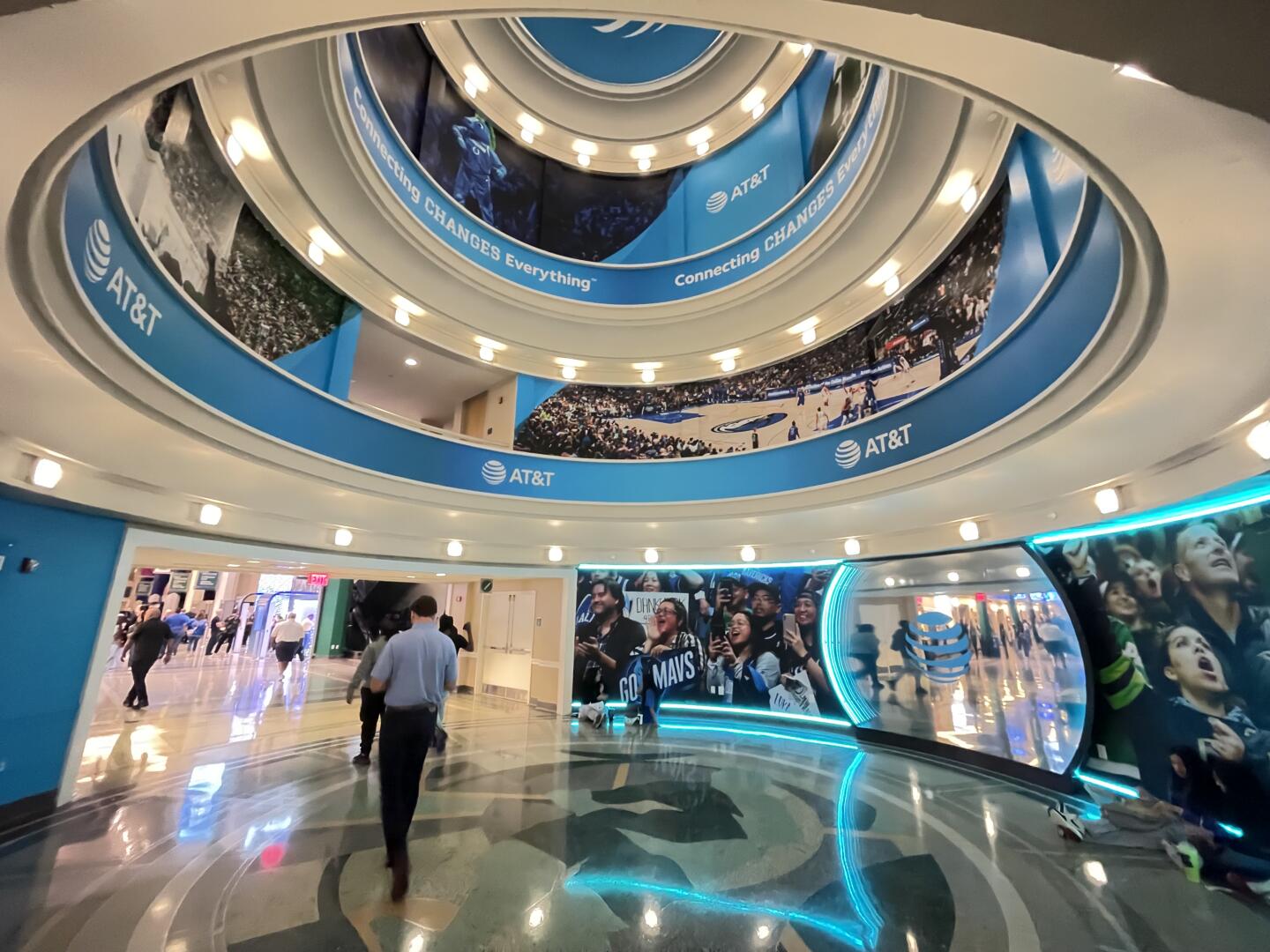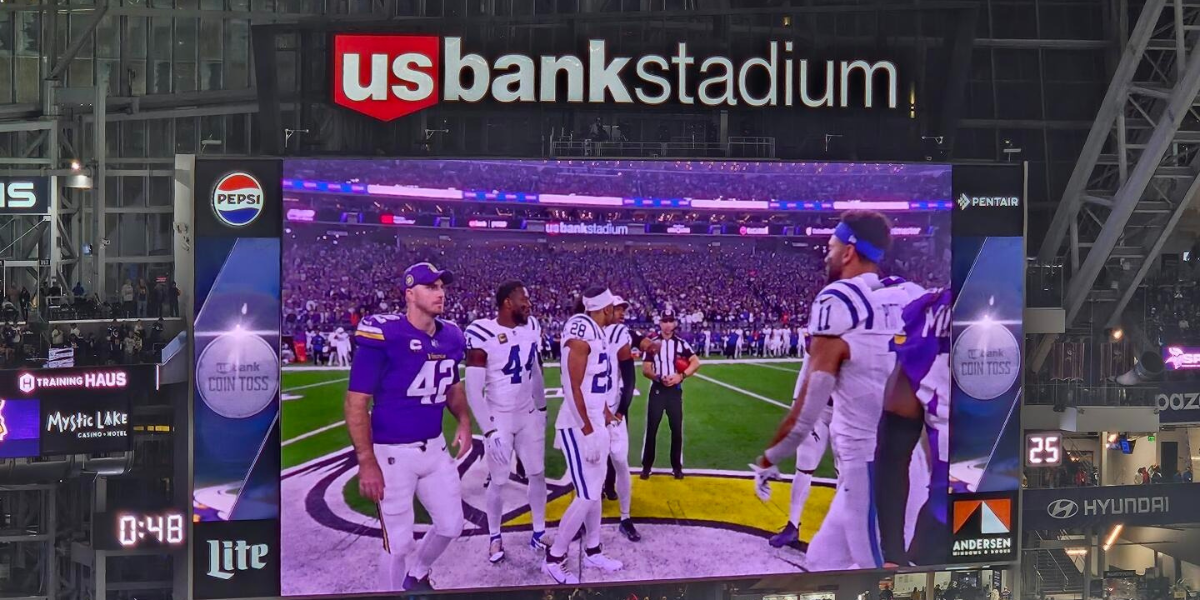Get In-Depth Data to Fuel Your Strategy
published January 2024
Definition of Sponsorship
Sponsorship is a dynamic marketing strategy where a brand aligns itself with an individual, organization, or event to create mutually beneficial outcomes. Unlike traditional advertising that relies on direct promotional methods, sponsorships are characterized by a more integrated and often emotional approach. It's not just about showcasing a brand—it's about becoming an integral part of an experience or narrative.
In a sponsorship arrangement, the sponsoring brand provides support (financial or otherwise) to the sponsored entity (which could be an event, a sports team, an artist, an organization, or a charitable cause). In return for this support, the brand gains exposure, association with the values of the sponsored entity, a unique platform to engage with its target audience, and the opportunity to get in front of new prospects, fans, or demographic groups.
Evolution of Sponsorship in Business
Sponsorships trace back to the earliest forms of marketing, where brands sought endorsement from influential figures or associated themselves with popular events. Over time, the landscape has evolved significantly for the sponsorship marketplace.
- From logos to experiences: Historically, sponsorships were often limited to logo placements and brand mentions. However, as consumer expectations and market dynamics shifted, brands realized the need for more immersive and authentic engagements. The focus transitioned from mere visibility to both creating memorable and meaningful experiences for the audience and a more symbiotic and beneficial relationship between the brand and rights holder.
- Integration of digital platforms: With the rise of digital media, sponsorships have expanded beyond physical events and out-of-home signage. Brands now leverage digital platforms to engage with a global audience. Social media, live streaming, and interactive content have become integral activation components of sponsorship strategies. Note: The digital element has, in some cases, made it easier to track sponsorship data and sponsorship intelligence.
- Customization and personalization: Modern sponsorships are characterized by a high degree of customization. Brands tailor their partnerships to align with specific demographics, values, and marketing objectives. This personalization enhances the effectiveness of sponsorships, ensuring a more resonant connection with the target audience.
One other thing to mention about the evolution of sponsorships: Back in the day, most sponsorships were in the sports industry; however, now sponsorships are also found across entertainment, media, and with talent and influencers.
Why Sponsorships Matter for Brands and Rights Holders
Sponsorships provide a unique and authentic avenue for brands to connect with their audience. For rights holders, sponsorships offer financial support and opportunities to enhance the quality of their offerings, be it an event, sports team, cause, or organization like a zoo or museum.
- Authentic connection: Sponsorships provide an avenue for brands to forge authentic connections with the rights holders' fans and audience. By associating with entities that share similar values or cater to common interests, brands transcend the transactional nature of traditional advertising. This authenticity fosters trust and loyalty among consumers. Especially when sponsorship activation and related activities appeal to the specific target market of the brand and rights holder.
- Visibility and differentiation: In a crowded marketplace, visibility is a constant challenge. Sponsorships offer a strategic solution by providing brands with a platform to stand out from the clutter. It's not just about being seen; it's about being seen in a context that aligns with the brand's narrative and values, facilitating differentiation from competitors.
- Community impact and social responsibility: Sponsorships offer brands the opportunity to extend their influence beyond revenue-generating activities. By supporting local teams, events, charitable causes, or community initiatives, brands can make a positive impact. This sense of social responsibility enhances the brand's reputation and fosters a positive relationship with the community.
Final Thoughts
Sponsorships have evolved from basic logo placements to dynamic, interactive strategies that build authentic connections and contribute to both brand and rights holder success. The evolution reflects a shift from transactional marketing to relationship-building, emphasizing the profound impact that strategic partnerships can have on the business and bottom line of both brands and rights holders.
You can also read about 6 types of sponsorships and the six key benefits of sponsorship.
Sign up for a quick demo to learn more about our media and sponsorship database. Clients might refer to our sponsorship platform as a sponsorship marketing platform or even a sponsorship analytics platform since we track over 360,000 brands, 1.8 million deals, and 16.9 million data points across sports, entertainment, media, and talent.








.png)















.jpeg)
.jpeg)

.png)

.jpeg)
